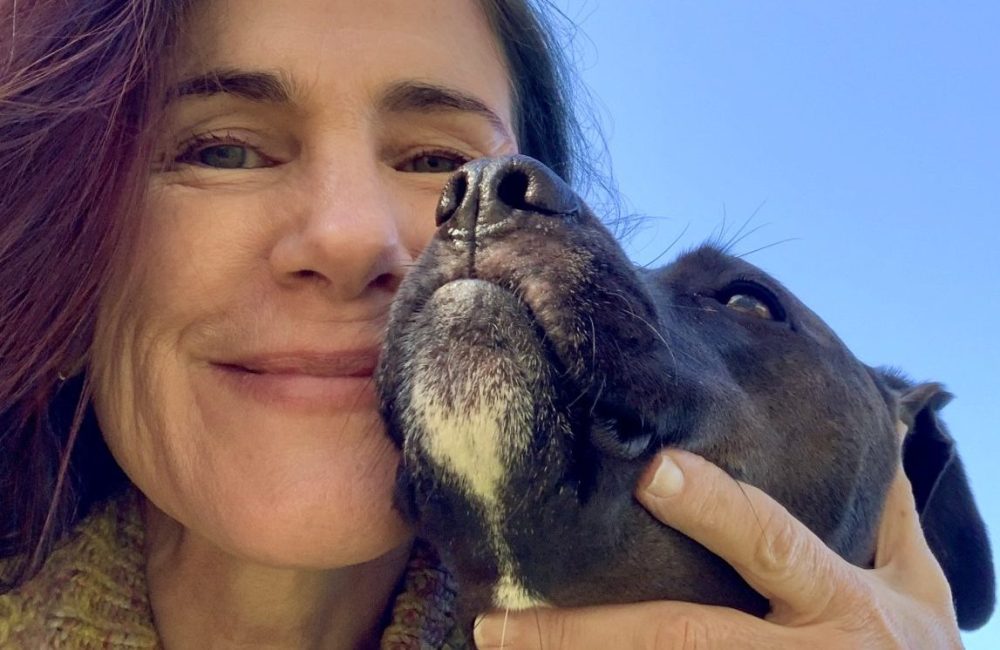Got goals for this year?
Category: Self-Publishing
Ashley L. Peterson Pt 1 of 2: Let’s Talk Suicide + Podcast Ver.
Each of us is precious. Let's talk mental health.
My Editing Epiphany + Wes Spindler’s Bad Idea + Podcast
What's your quickest way to slash your writing by almost half?
Here and Where: Book Reviews + Infidel753’s Meditations + Podcast
Do you prefer fiction based on fantasy or reality?
My Book + Pueblos Magico Vid + G. Gautier on Lit Fiction + Pod
Want to hear and watch the prototype for my novel? Email me at ContactdaAL at gmail dot com for your special link.

